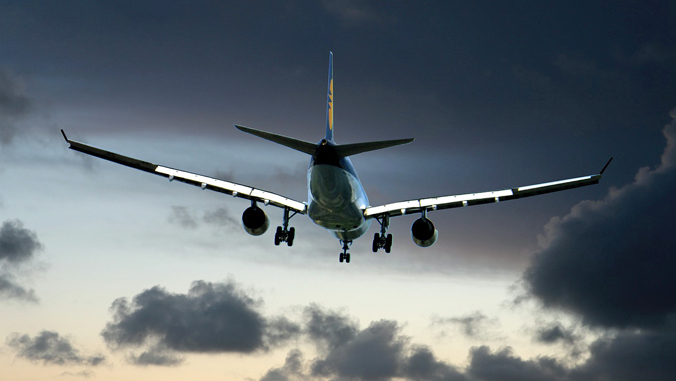
The Hawaiʻi Safe Travels pre-testing protocol may be detecting only 20% of COVID-19 infected travelers, according to an update published on September 15 in The Lancet Infectious Diseases by University of Hawaiʻi at Mānoa Department of Mathematics Adjunct Professor Lee Altenberg. The original research and update was based on pre-Delta variants and did not address vaccinations so the effect of testing vaccinated travelers is not included.
Altenberg published the correspondence piece addressing a simulation study in The Lancet Infectious Diseases from March 22. The original research, based on a simulation of 100,000 U.S. airline travelers, found that only some 36% of COVID infected passengers would be detected by the three-day pre-travel test. The undetected 64% of infected travelers tested negative, but would become contagious once they arrived at their destination.
Altenberg noticed that in arriving at the 36% figure the paper counted travelers who became infectious between the pre-test and the day of travel. But those infectious days would not expose the destination population.






